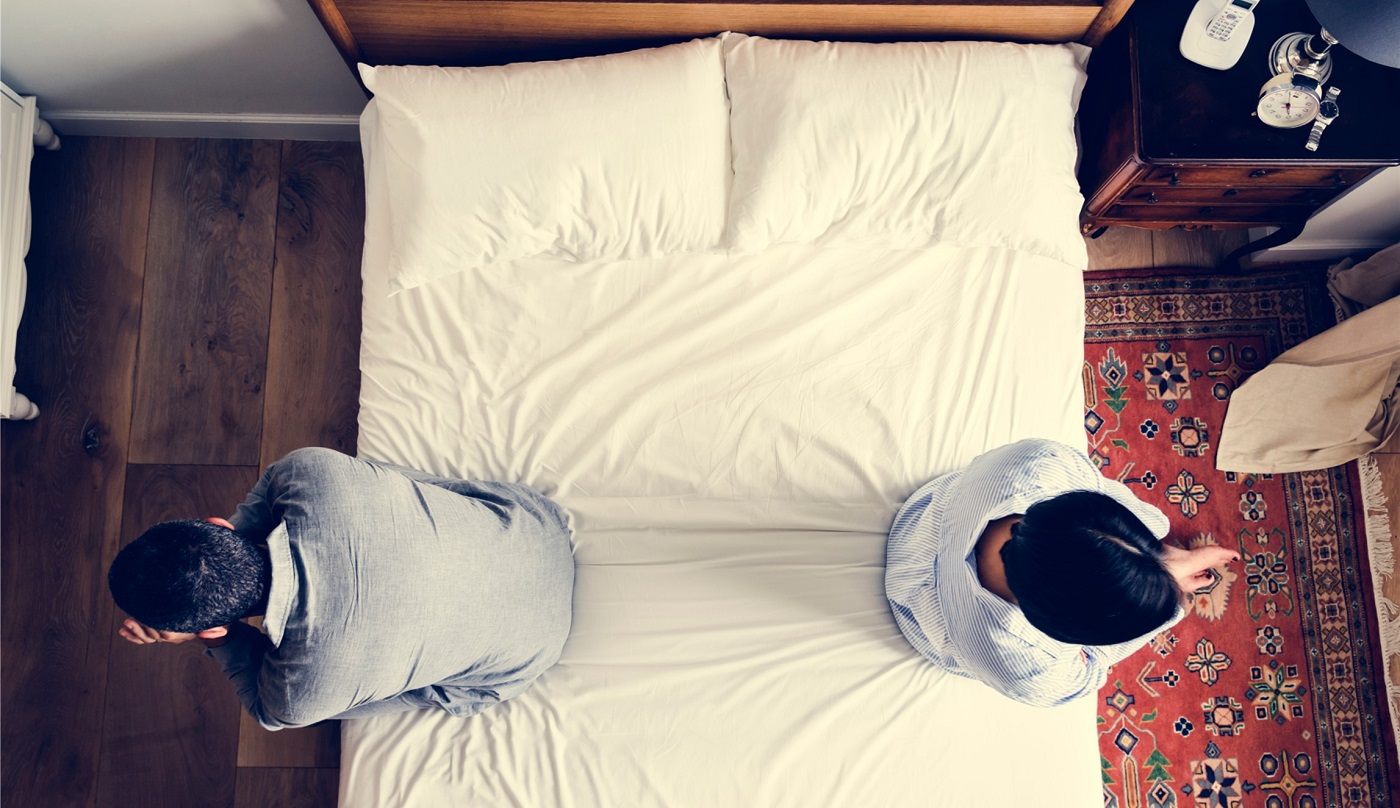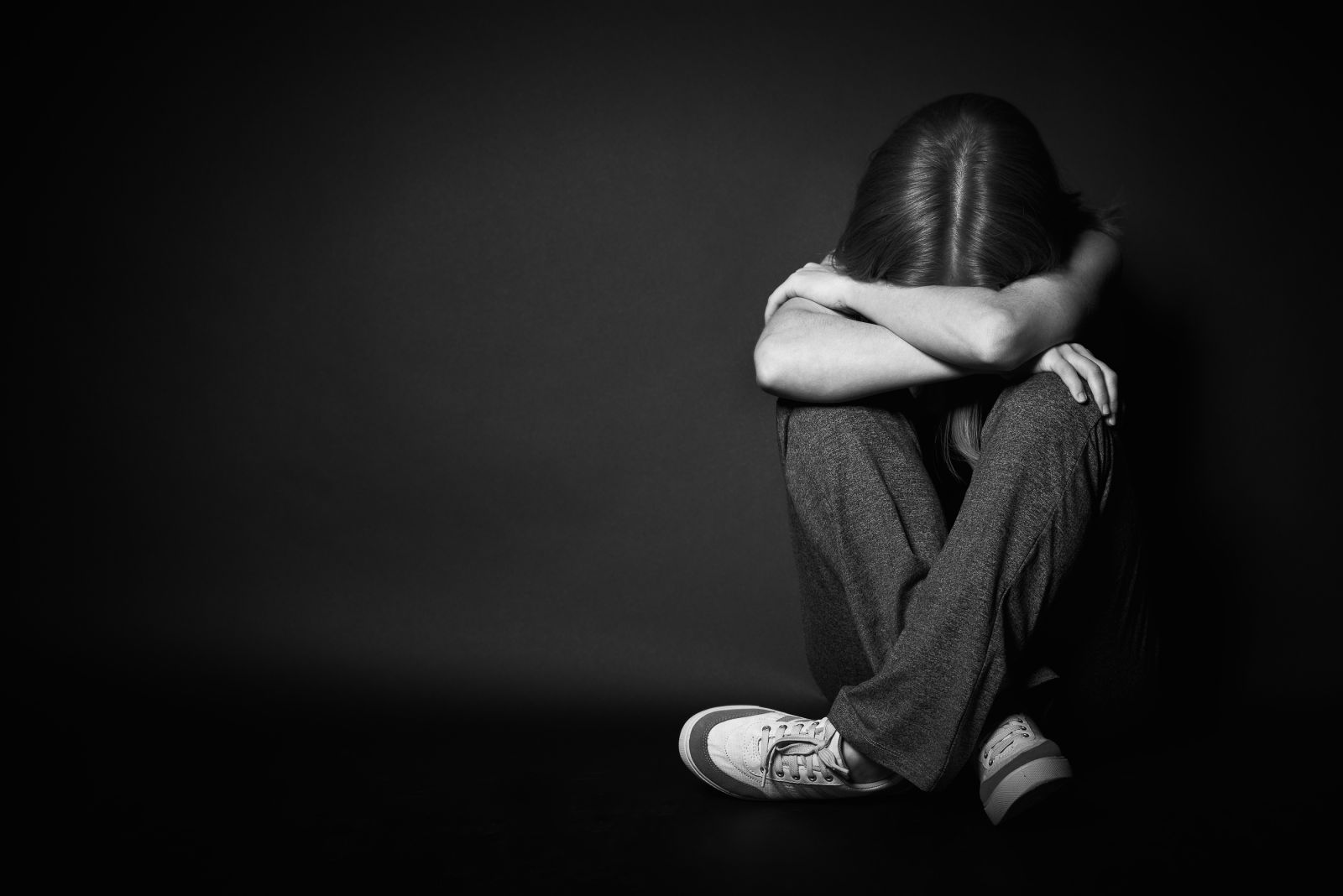1. Sleepiness Causes Accidents
Sleep deprivation was a factor in some of the biggest disasters in recent history. The 1979 nuclear accident at Three Mile Island, the massive Exxon Valdez oil spill and the 1986 nuclear meltdown at Chernobyl to name a few. But sleep loss is also a big public safety hazard every day on the road. Drowsiness can slow reaction time as much as driving drunk.
2. Brain FOG
Sleep plays a critical role in thinking and learning. Lack of sleep hurts these processes in many ways. First, it impairs attention, alertness, concentration, reasoning, and problem solving. This makes it more difficult to learn efficiently.
Second, during the night, various sleep cycles play a role in “consolidating” memories in the mind. If you don’t get enough sleep, you won’t be able to remember what you learned and experienced during the day. The brain has a system of washing itself through the “Glymph system, this is how our brain detoxes itself. If you don’t clear these chemicals they build up in the brain. This has been linked to Alzheimer’s Disease.

3. Sleep Deprivation Can Lead to Serious Health Problems
Sleep disorders and chronic sleep loss can put you at risk for:
- Heart disease
- Heart attack
- Heart failure
- Irregular heartbeat
- High blood pressure
- Stroke
- Diabetes
4. Lack of Sleep Kills Sex Drive
Sleep specialists say that sleep-deprived men and women report lower libidos and less interest in sex. Depleted energy, sleepiness, and increased tension may be largely to blame.

5. Sleepiness Is Depressing
Over time, lack of sleep and sleep disorders can contribute to the symptoms of depression. In a 2005 Sleep in America poll, people who were diagnosed with depression or anxiety were more likely to sleep less than six hours at night.
The most common sleep disorder, insomnia, has the strongest link to depression. In a 2007 study of 10,000 people, those with insomnia were five times as likely to develop depression as those without. In fact, insomnia is often one of the first symptoms of depression. Insomnia and depression feed on each other.

More information to come. In the mean time, get some sleep!